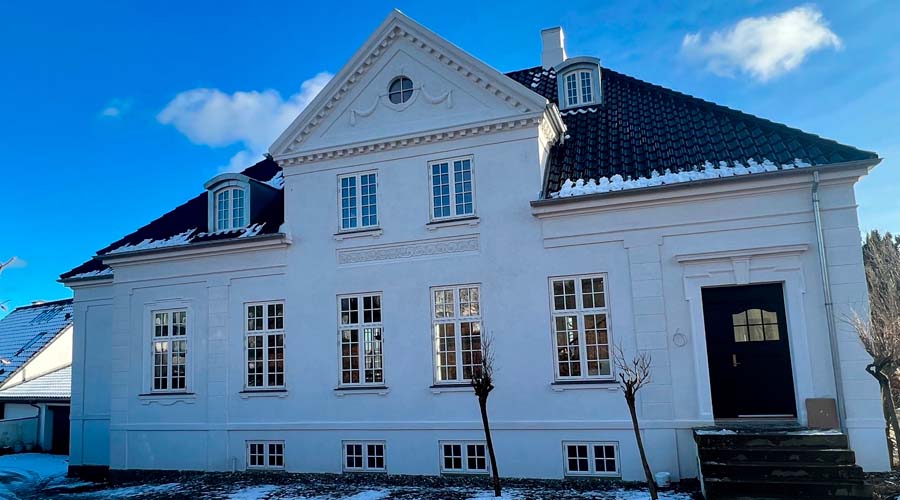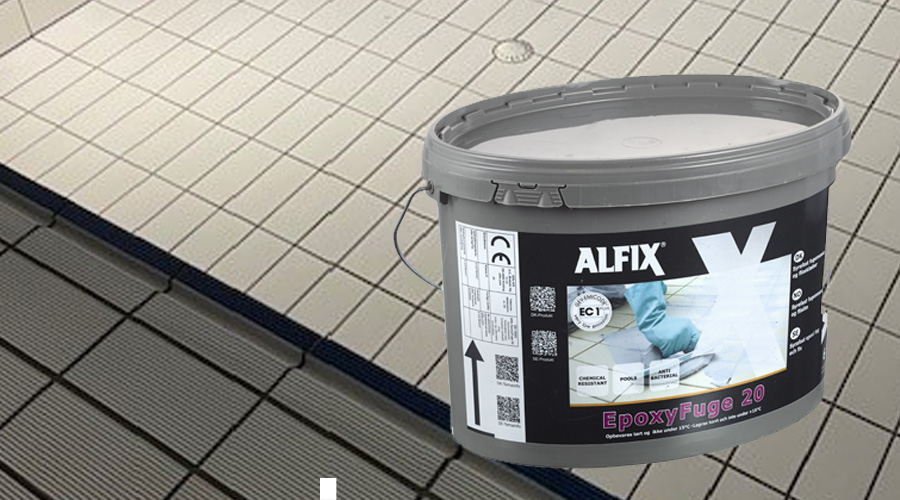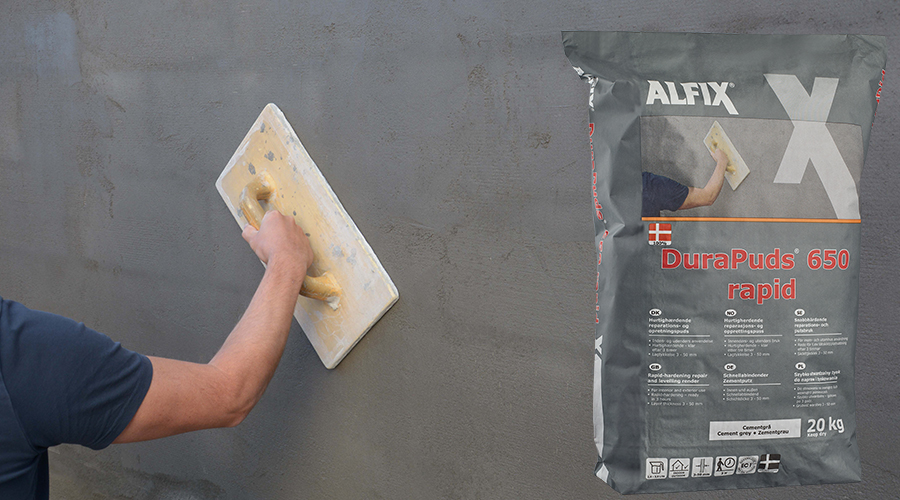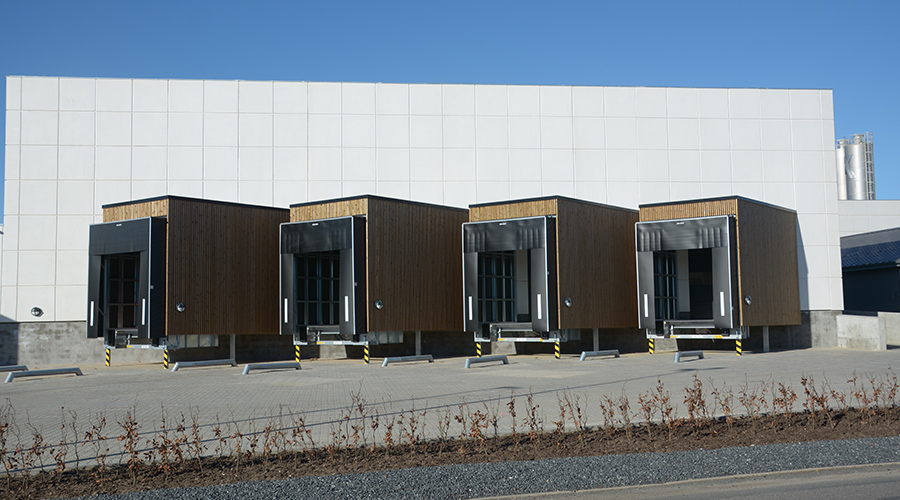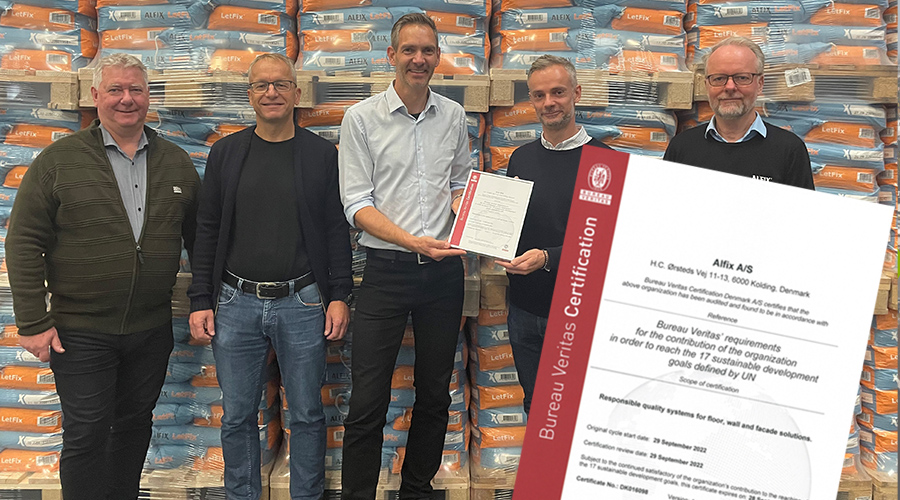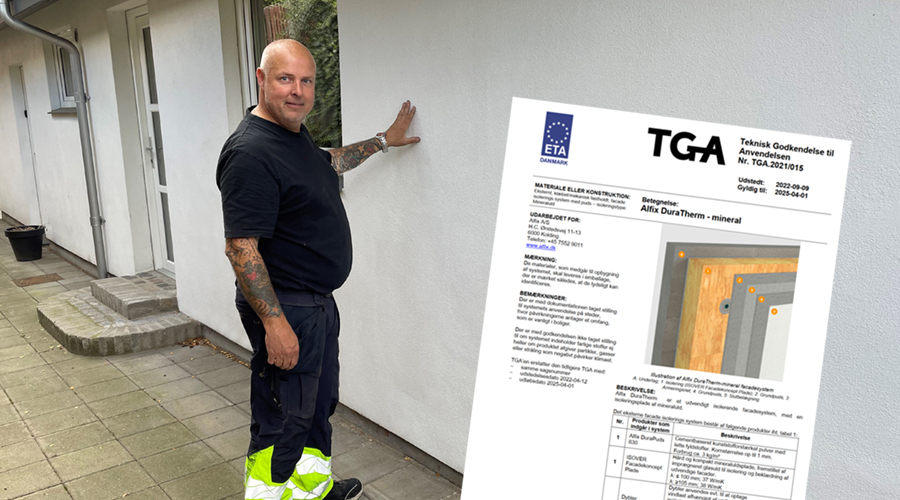The most recent way station on Alfix’s sustainability journey is a multifaceted place, from where we have brought home a particularly impressive souvenir. On 27 October 2022, our “travelling companion” came to visit and presented us with a certificate which provides tangible proof that Alfix is now officially SDG-certified.
Alfix’s “travelling companion” in this context is Bureau Veritas Danmark, which laid down the framework for Alfix during the process towards the goal. The journey commenced in the autumn of 2021 with a workshop and subsequent SDG screening. This has now been followed up with a comprehensive audit, which resulted in certification in the UN Sustainable Development Goals.
“Alfix’s work with the UN’s 17 Sustainable Development Goals has been reviewed, assessed and evaluated by external auditors from Bureau Veritas Danmark, and the company thoroughly deserves to be rewarded with the SDG Certificate for its ongoing and extraordinary input,” relates Tomas Riegels-Jørgensen, Business Developer Sustainability, Bureau Veritas Danmark. “From our very first dialogue with the Alfix management, we encountered a modern, visionary approach where managers and employees alike are committed to a higher purpose than simply earning money,” he continues.
Driven by responsibility and a desire to inspire
“Our aim is to stand proud as a responsible manufacturer of construction materials, and so it means a great deal to us to receive SDG certification. Alfix’s vision is lead the field and provide inspiration with sustainable systems in the Nordic construction sector. Given that we also strive to inspire others to adopt more sustainable practices, it is essential to work with external partners who can professionally document the work we do. In line with this approach, it made perfect sense for us to team up with Bureau Veritas Danmark, which is a recognised certification company,” says Anders Bertelsen Toft, CCO at Alfix.
For Alfix, the certification represents a seal of approval and recognition from external experts in sustainability. We have obtained the certificate on the back of years of closely targeted work with sustainability in the company, where every member of the team has made an active contribution. This work encompasses aspects such as a sustainable management system, strong and well-documented supply chains, more sustainable purchases and responsible operation of the factory.
From a strategic perspective, Alfix focuses in particular on SDG No. 8: Decent work and economic growth and No. 12: Responsible consumption and production. Work in these areas is supported by a number of secondarily chosen SDGs that underpin the primary aims.
A consistent theme from strategy to action
As the name suggests, the essence of the UN’s 17 Sustainable Development Goals is “sustainable development”, including emphasis on environmental, social and governance aspects (the ESG concept: Environmental, Social, Governance). Bureau Veritas Danmark writes, for example, that companies must give due consideration to how they can contribute to a better world (bureauveritas.dk). For Alfix, it is also a matter of making a difference in the world from our position in the Scandinavian construction sector.
In connection with the certification, Bureau Veritas Danmark was keen to highlight aspects such as the clear link between strategy, plans and practical action, a high degree of documentation and dedicated management. Specifically, it is a matter of the company actually doing what is says it does – and this is also a precondition for obtaining the much sought-after certificate that documents input in the context of Sustainable Development Goals.
Next destination
One milestone has been reached – but there is still a long way to go to the finish line. Because it keeps on shifting. In fact, an essential part of the process is that changes and improvements are made on an ongoing basis – and this is sure to continue over the coming years. For this reason, Alfix will receive additional visits from Bureau Veritas Danmark for new audits in 2023 and 2024.
Click here to see certifikate!
